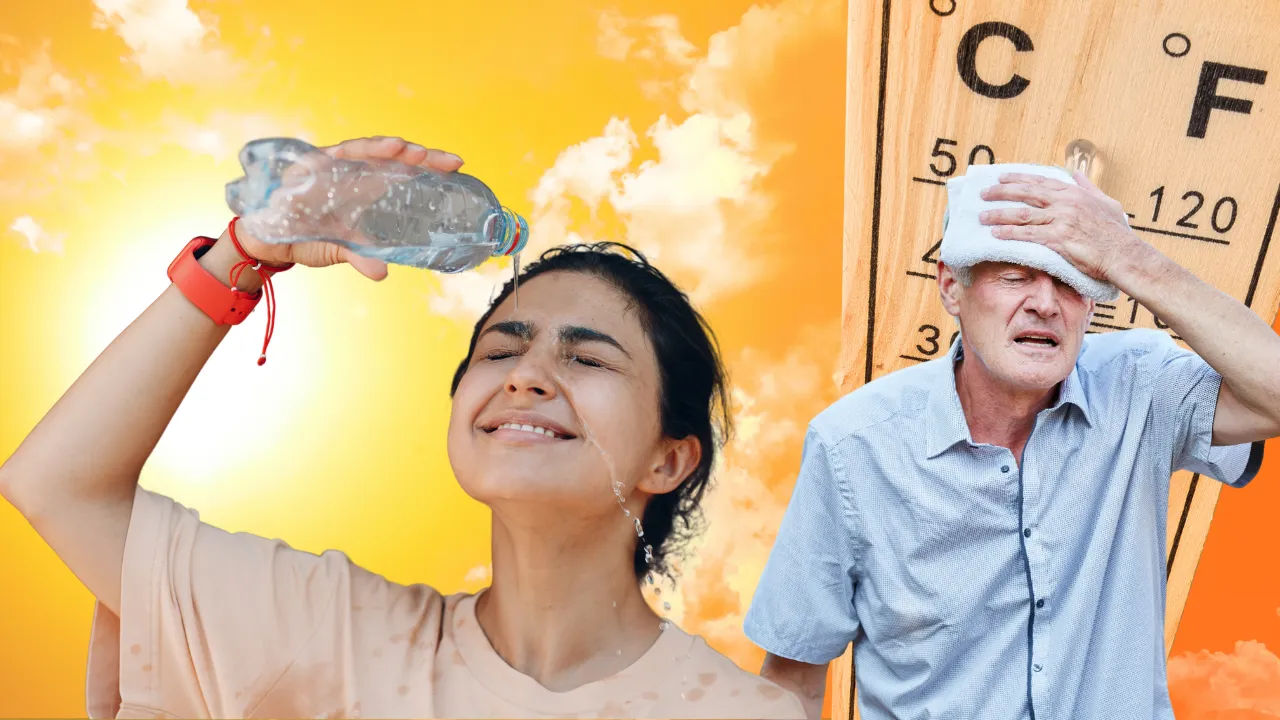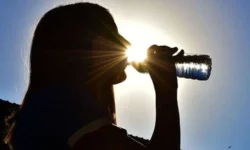Düzce University (DÜ) Faculty of Medicine, Head of the Department of Emergency Medicine, Dr. Faculty Member Erdinç Şengüldür advised to stay in the shade and consume plenty of water to avoid heat stroke.
In the statement made by Düzce University, Şengüldür’s views on heat stroke and the measures to be taken were included.
Stating that heatstroke cases are frequently seen in emergency departments during the summer months, Şengüldür noted that with the effects of climate change, summers are now hotter than expected in most parts of Turkey, making heatstroke a serious public health problem.
Pay attention if you have these findings!
Pointing out that heat stroke is a serious clinical picture that develops due to heat exposure and poses a life-threatening risk, Şengüldür continued as follows:
“Deterioration in the state of consciousness and body temperature above 40 degrees Celsius are the two most important findings. In addition, hot red skin, palpitations, shortness of breath, breath hunger, and a drop in blood pressure can be seen. Lesions called ‘petechiae’ and ‘purpura’ can be seen on the skin due to the coagulation disorder that develops due to the heat. Patients may apply to emergency services with complaints of personality changes, hallucinations, seizures or loss of consciousness.”
Risk groups
Pointing out that children, the elderly, people with chronic diseases and those who do excessive physical exercise in hot weather are among the risk groups for heat stroke, Şengüldür said, “The majority of patients show clinical improvement after applications aimed at lowering body temperature. Patients may develop problems such as electrolyte disorders, heart rhythm problems, kidney failure and liver damage. Heat stroke can be fatal in people with prolonged heat exposure.”
Recommendations
Şengüldür made the following suggestions to prevent heat stroke:
“First of all, it is necessary to stay in shaded areas at noon when the sun is at its peak on summer days. Light-colored, non-synthetic, thin summer clothes should be preferred in hot weather. Jobs that require excessive effort or performance-based sports in hot weather will facilitate heat stroke. We recommend waiting for the evening hours to do sports. We recommend drinking plenty of fluids, especially water, even if there is no feeling of thirst. On hot days, it is important to drink at least 3 liters of water a day to replace the fluid loss caused by sweating. We recommend that people working in non-air-conditioned environments ventilate their work areas frequently and remember to drink water. Keeping the curtains closed is another measure that will ensure that the working areas heat up less.”

















